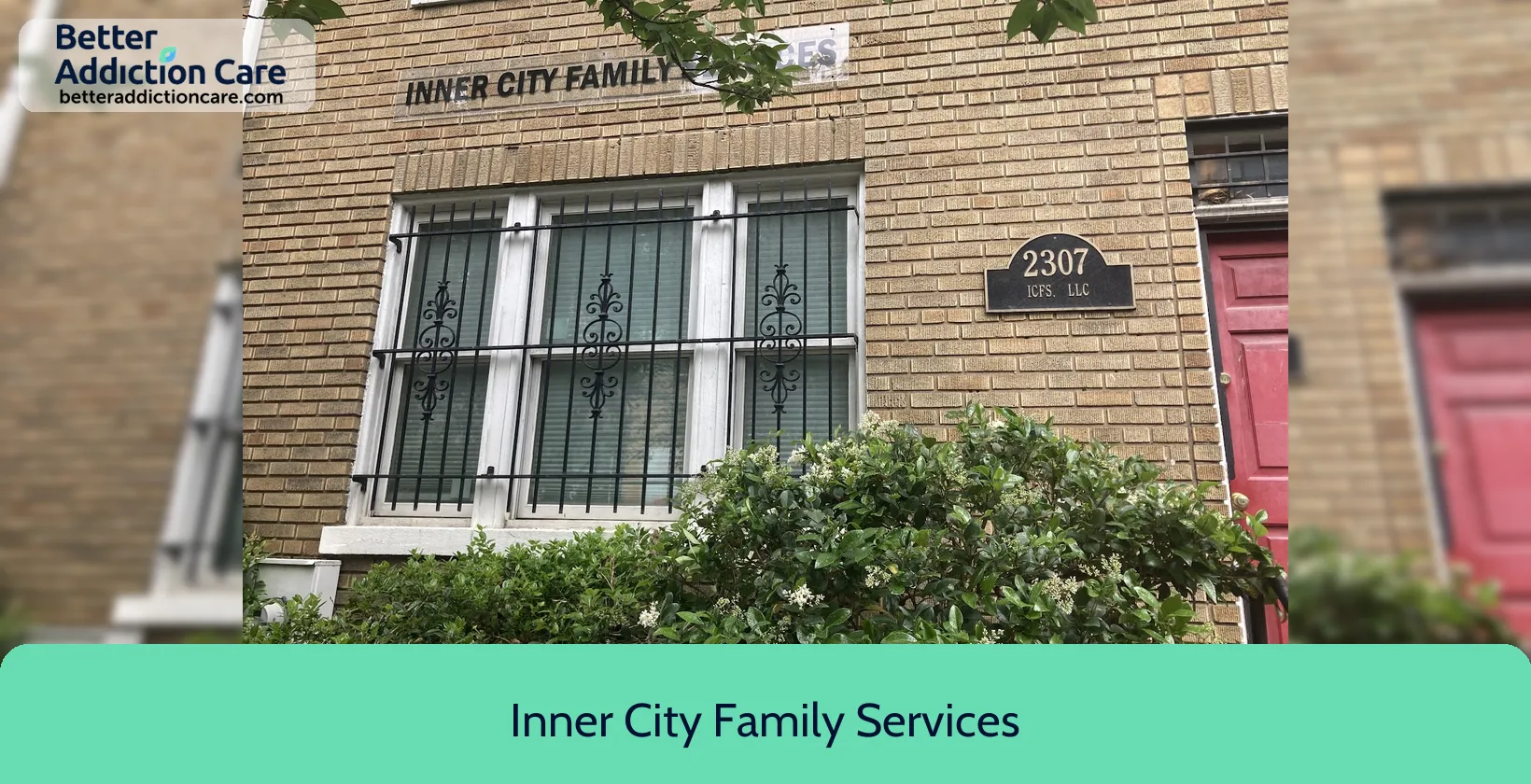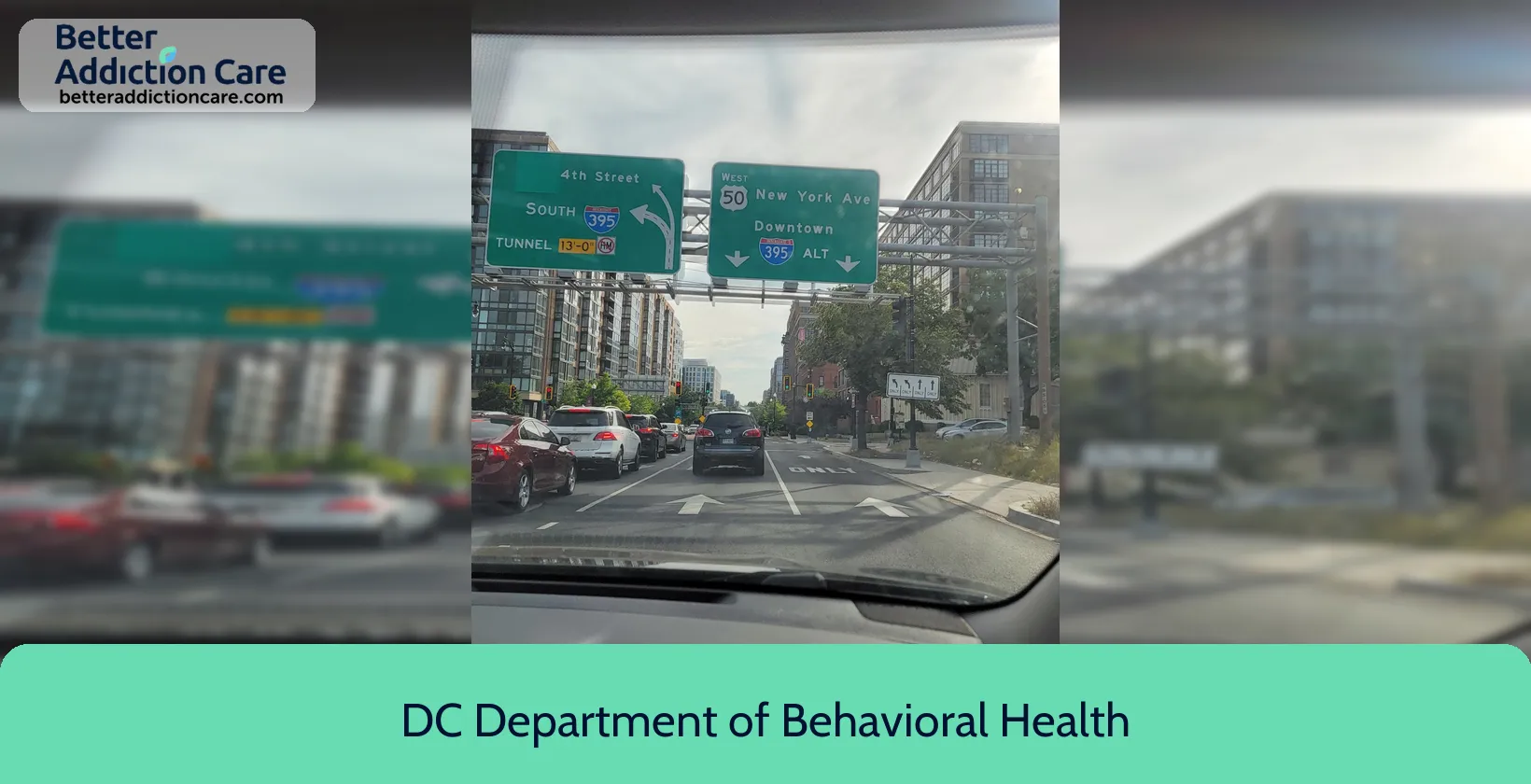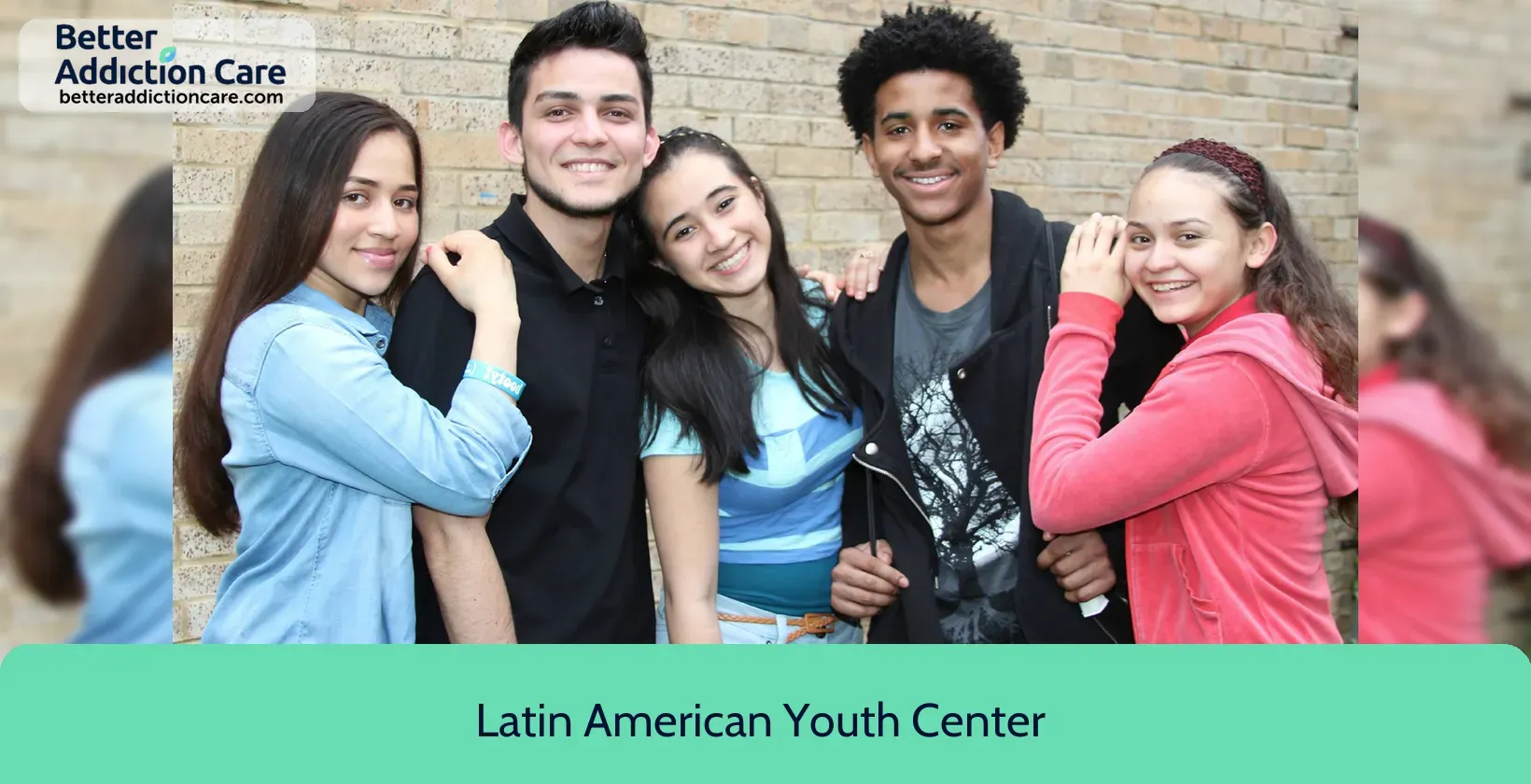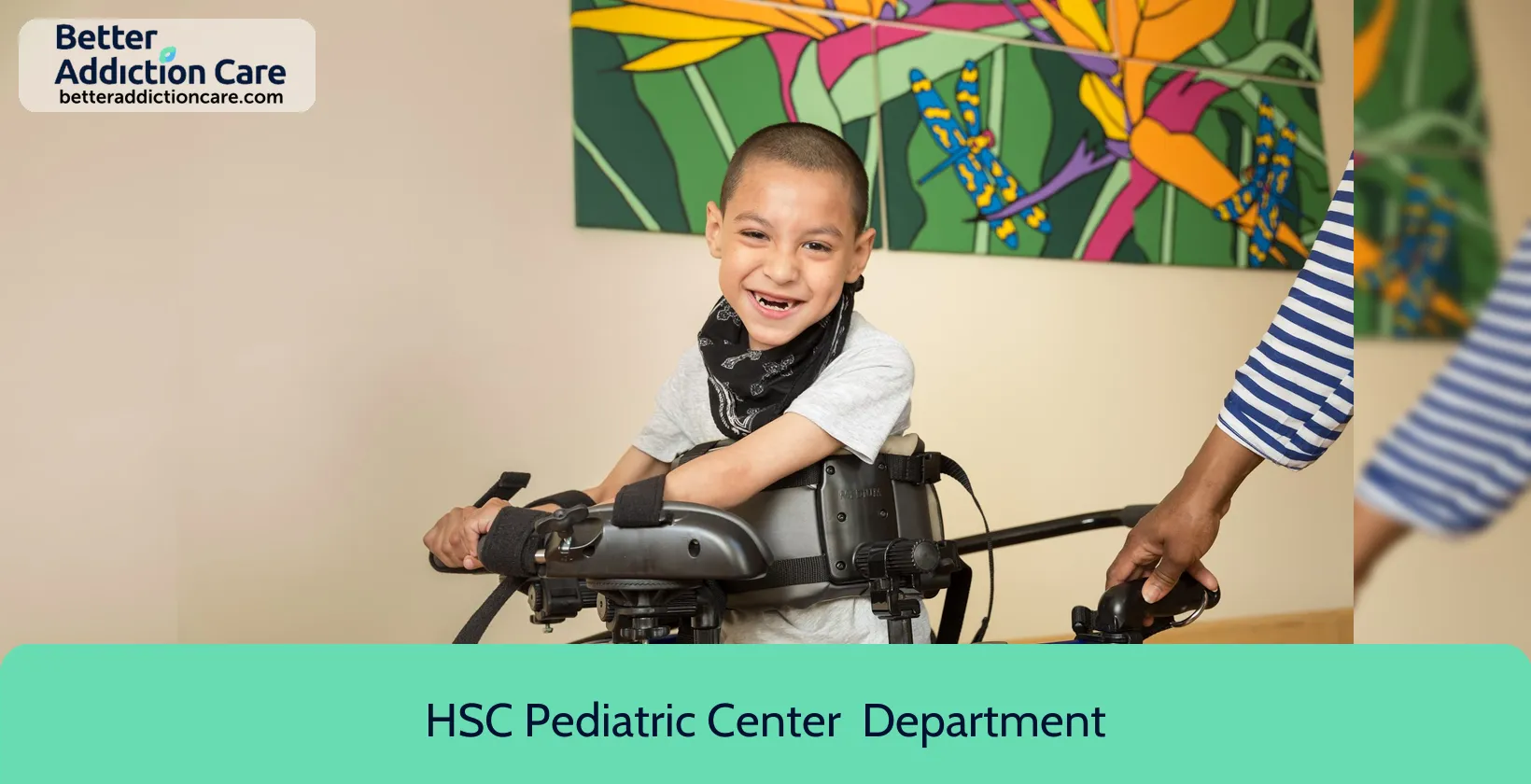UPO Comprehensive Treatment Center

Overview
UPO Comprehensive Treatment Center is an accredited substance abuse treatment center that provides outpatient treatment for men from 18+ years of age. As part of their special programs, UPO Comprehensive Treatment Center treats clients with co-occurring mental and substance use disorders and clients who have experienced trauma. To help patients achieve sobriety, UPO Comprehensive Treatment Center provides intake assessments. Afterward, patients receive cognitive behavioral therapy, telemedicine/telehealth therapy, and substance use disorder counseling during treatment. UPO Comprehensive Treatment Center is located in Washington, District of Columbia, providing treatment for people in District of Columbia County, accepting medicaid, state-financed health insurance plan other than medicaid, and federal, or any government funding for substance use treatment programs.
UPO Comprehensive Treatment Center at a Glance
Payment Options
- Medicaid
- State-financed health insurance plan other than Medicaid
- Federal, or any government funding for substance use treatment programs
- Sliding fee scale (fee is based on income and other factors)
- SAMHSA funding/block grants
Assessments
- Screening for tobacco use
- Comprehensive substance use assessment
- Screening for mental disorders
- Screening for substance use
- Complete medical history/physical exam
Age Groups
- Young adults
- Adults
Ancillary Services
- Case management service
- Suicide prevention services
- Social skills development
- Transportation assistance
- Opioid use disorder clients only
Highlights About UPO Comprehensive Treatment Center
6.94/10
With an overall rating of 6.94/10, this facility has following balanced range of services. Alcohol Rehabilitation: 8.00/10, Drug Rehab and Detox: 6.31/10, Insurance and Payments: 6.00/10, Treatment Options: 7.46/10.-
Alcohol Rehabilitation 8.00
-
Treatment Options 7.46
-
Drug Rehab and Detox 6.31
-
Insurance and Payments 6.00
Accreditations
State mental health department:
State mental health department accreditation refers to the process of evaluating and certifying the quality and standards of a state's mental health department, ensuring that it provides high-quality services and meets specific criteria for mental health care. The accreditation process is performed by a third-party organization and helps to improve the overall care and treatment of individuals with mental health conditions.
Commission on Accreditation of Rehabilitation Facilities (CARF):

CARF accreditation is a prestigious recognition for rehabilitation and human service organizations. It signifies that an organization meets high-quality standards and is committed to providing top-level care. CARF conducts rigorous evaluations to ensure compliance, enhancing an organization's credibility and reassuring clients and funders of exceptional service quality. This accreditation promotes excellence and continual improvement in the rehabilitation and human services field.
Drug Enforcement Agency (DEA):
DEA accreditation refers to the process by which a law enforcement agency is recognized by the Drug Enforcement Agency (DEA) as having met specific training, operational, and resource requirements necessary to participate in DEA-led drug enforcement efforts. This accreditation allows the agency to perform DEA-related tasks such as conducting investigations, executing federal search warrants, and participating in joint task forces.
SAMHSA certification for opioid treatment program (OTP):
Accreditation by the Substance Abuse and Mental Health Services Administration (SAMHSA) for Opioid Treatment Programs (OTPs) signifies that a program has met strict standards for providing high-quality care to individuals with opioid use disorders. It assures patients, families, and communities that the OTP follows evidence-based practices, employs qualified staff and maintains a safe and effective treatment environment. This accreditation reflects the program's commitment to addressing the opioid epidemic and promoting recovery.
State department of health:

Government agencies issue State Licenses, granting rehabilitation organizations permission to operate their businesses legally within specific geographic regions. The licenses needed for legal operation are typically determined by the type of rehabilitation program offered by a facility and its physical location.
Treatment At UPO Comprehensive Treatment Center
Treatment Conditions
- Alcoholism
- Substance use treatment
Care Levels
- Outpatient
- Outpatient methadone/buprenorphine or naltrexone treatment
- Regular outpatient treatment
Treatment Modalities
- Cognitive behavioral therapy
- Telemedicine/telehealth therapy
- Substance use disorder counseling
- Trauma-related counseling
- Group counseling
Ancillary Services
Languages
- Sign language services for the deaf and hard of hearing
Additional Services
- Pharmacotherapies administered during treatment
- Mentoring/peer support
- Breathalyzer or blood alcohol testing
Special Programs
- Clients with co-occurring mental and substance use disorders
- Clients who have experienced trauma
Get Help Now
Common Questions About UPO Comprehensive Treatment Center
Contact Information
Other Facilities in Washington

6.71

6.65

6.89

6.59

6.65

6.56

7.28

7.50
DISCLAIMER: The facility name, logo and brand are the property and registered trademarks of Providence Outpatient and Behavioral - Health Services, and are being used for identification and informational purposes only. Use of these names, logos and brands shall not imply endorsement. BetterAddictionCare.com is not affiliated with or sponsored by Providence Outpatient and Behavioral - Health Services.
